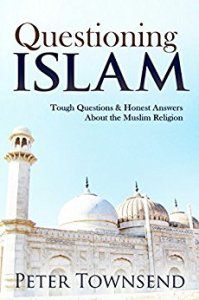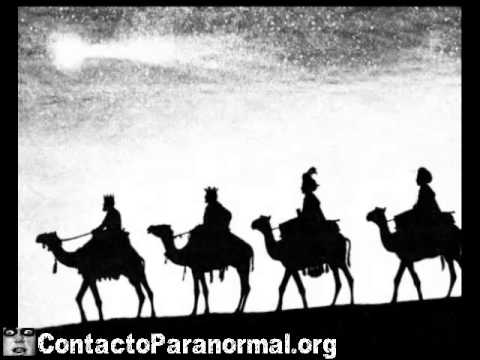“Questioning Islam” by Townsend– A Review


The blind spot of the West in regards to Islam has been going on since the rise of the Muslim invaders in the 7th century. Muslims attacked and captured Jerusalem from the Byzantines even while they debated whether they were, in reality, a new cult of Christianity. There is little doubt that the ambivalence and uncertainty of the West have served Islam well in its many military campaigns over the last 1400 years.
Peter Townsend is attempting to arm us, protecting us from the misinformation and disinformation which have plagued our political institutions, most recently, from the fall of the last caliphate in Istanbul over a century ago. The Ottomans fell, probably more of a century-long dwindle, when the sultan retreated from the path demanded by the prophet: conquer until all submit.
Questioning Islam is a valuable tool in the education of the culture. Townsend, rather than engaging in a polemic for the West, examines the claims and the basic documents of the Muslim faith itself. Without reference to other belief systems he looks at what teachings are basic to Islam and how the Muslim believer formulates his world view.
It is not pretty. The Qur’an is held out to be the faithful as the very words of the creator deity, pure and “perfect in (its Arabic) language,” complete in its conceit and execution, and unsullied in its transmission. However, despite an empire-wide effort to burn all deviant copies in the eighth century, the fundamental document of Islam is revealed to be a hodge-podge of plagiarized sentiments (primarily Jewish), self-serving and convenient “revelations” to benefit only Mohammad in his venereal pursuits, and a high degree of plain old-fashioned bloody-mindedness. It is enough to make an Arab blush and apparently did. There are multiple examples where the companions of Mohammad wished to reduce, or at least limit, the rapine only to be urged back into the carnage by Mohammad.
Rather than being in the “purest Arabic” there are many words taken from the patois of seventh-century trade. Some words are completely indecipherable, yet supposedly sent from God via Mohammad as the end and culmination of all wisdom. Whole sections are known to be missing due to the dietary indiscretions of a family goat. Instead of being the highest form of literature the Qur’an amounts to a rag-tag assemblage of political and self-serving edicts. It documents not so much eternal verities as it does the rise of Islam from a despised minority, requesting tolerance, to a military Ponzi scheme demanding submission or blood.
The hadiths, i.e. traditions, providing the basic framework of what is now Islam, are obviously critical in understanding the faith. It is an inconvenient fact that none of the hadiths were written down within two hundred years of Mohammad’s death. Moreover by that time, the great schism had occurred, dividing Islam into the Sunni and Shi’a traditions. Hadiths conflict with each other both with and without each community. Mohammad, held out to be a “perfect example of conduct,” can only be glimpsed via these hadiths and what is shows of him is grasping, vacillating, and sanguinary religious tyrant.
Questioning Islam is extensively documented, with long passages from the original documents reproduced within the endnotes. Author Townsend has done a remarkable job in organizing a difficult subject topically. This leads to some redundancies which may, at time, strike readers are being overdone. Despite that, it is a very fast read. This should be required reading for anyone who is exposed to Islam. Today, that includes us all.
‹ Back







